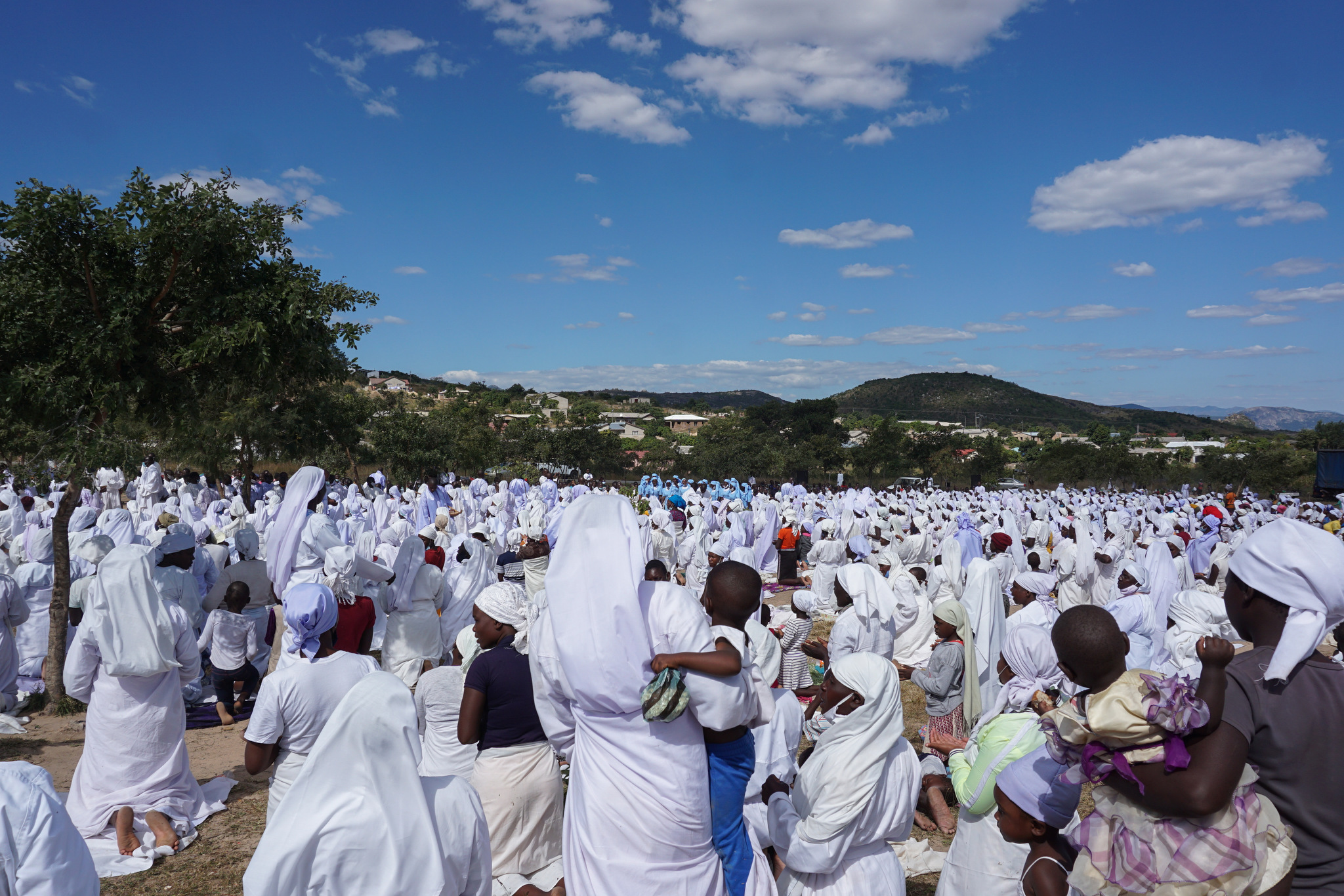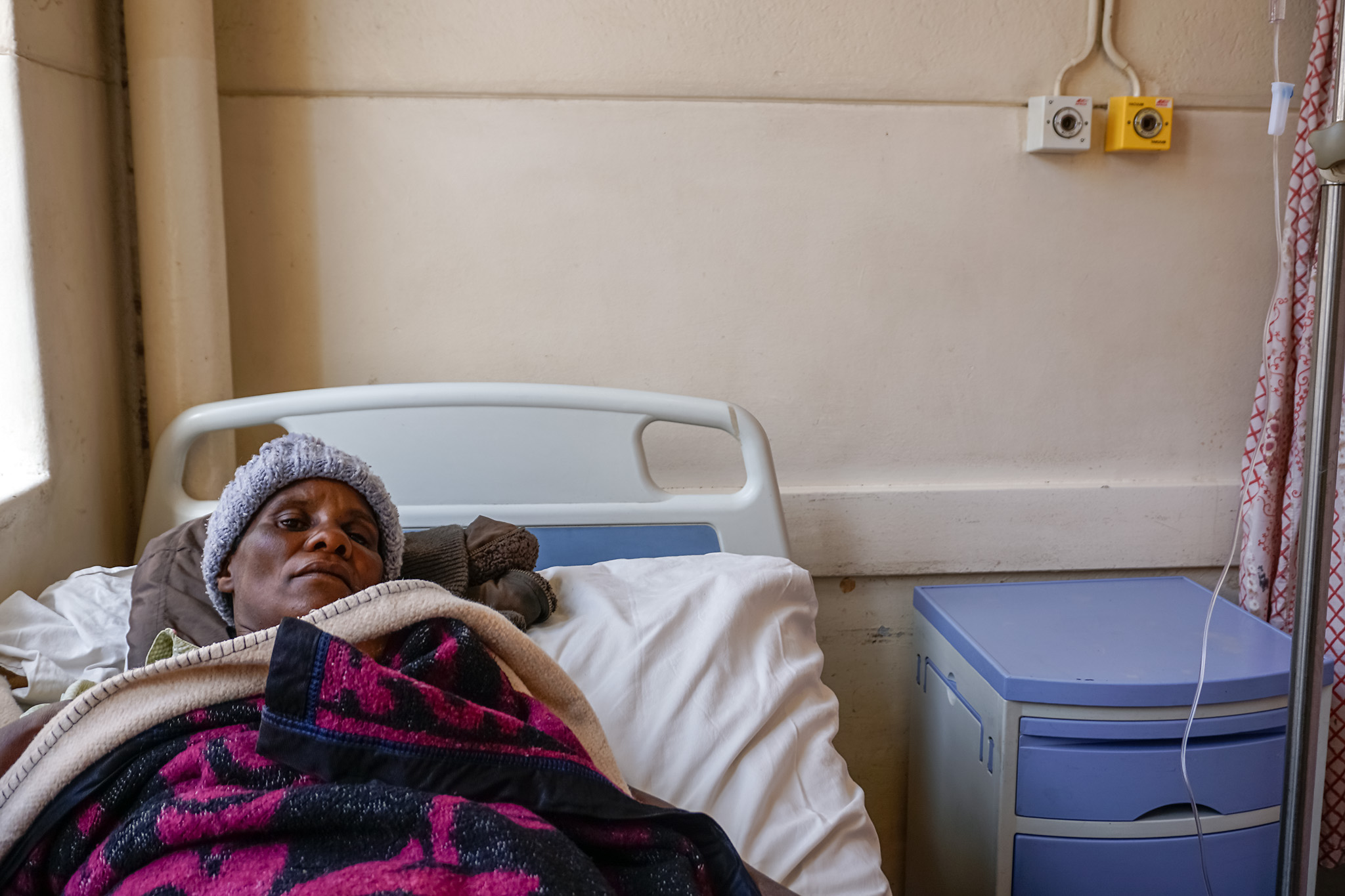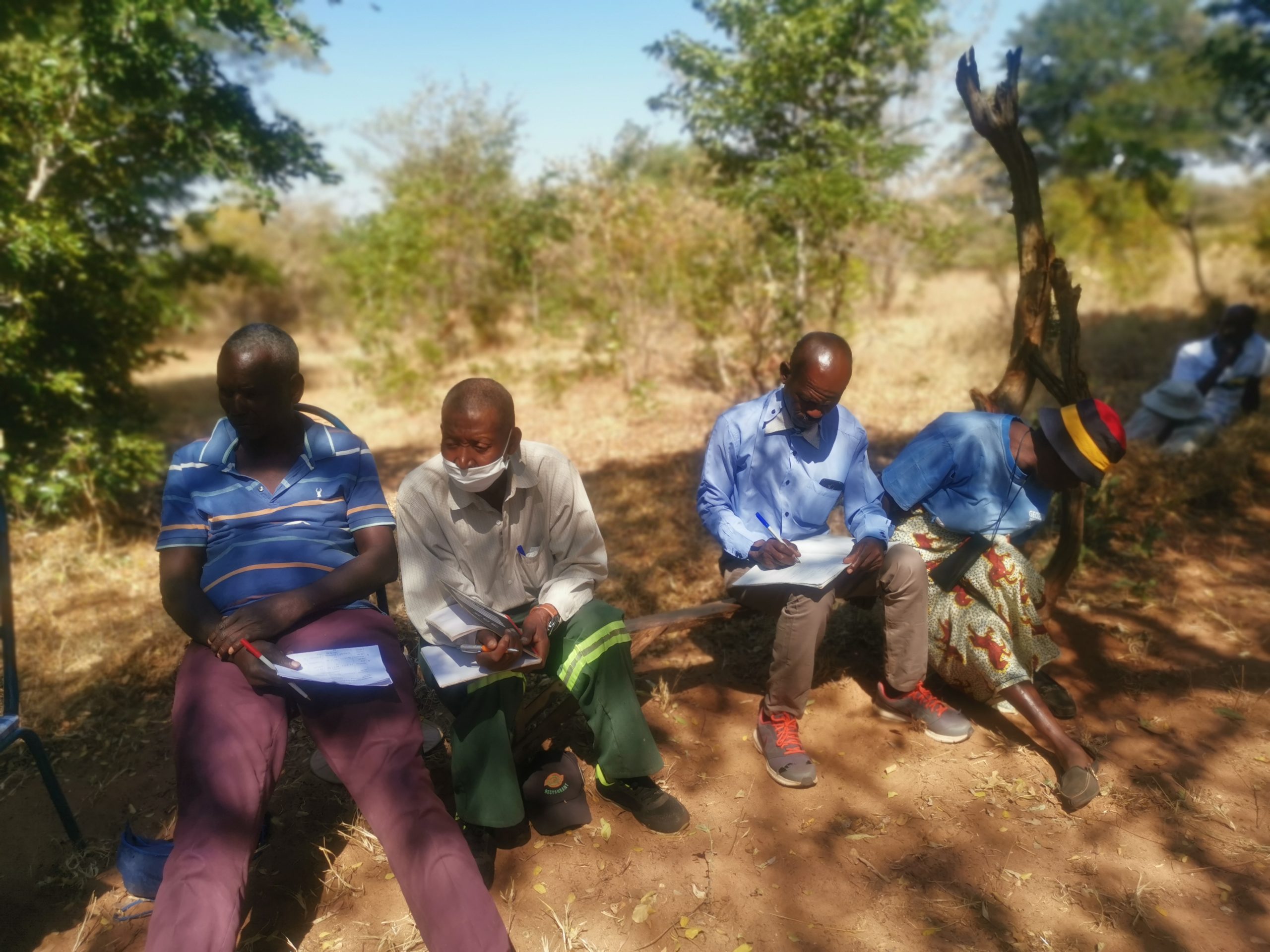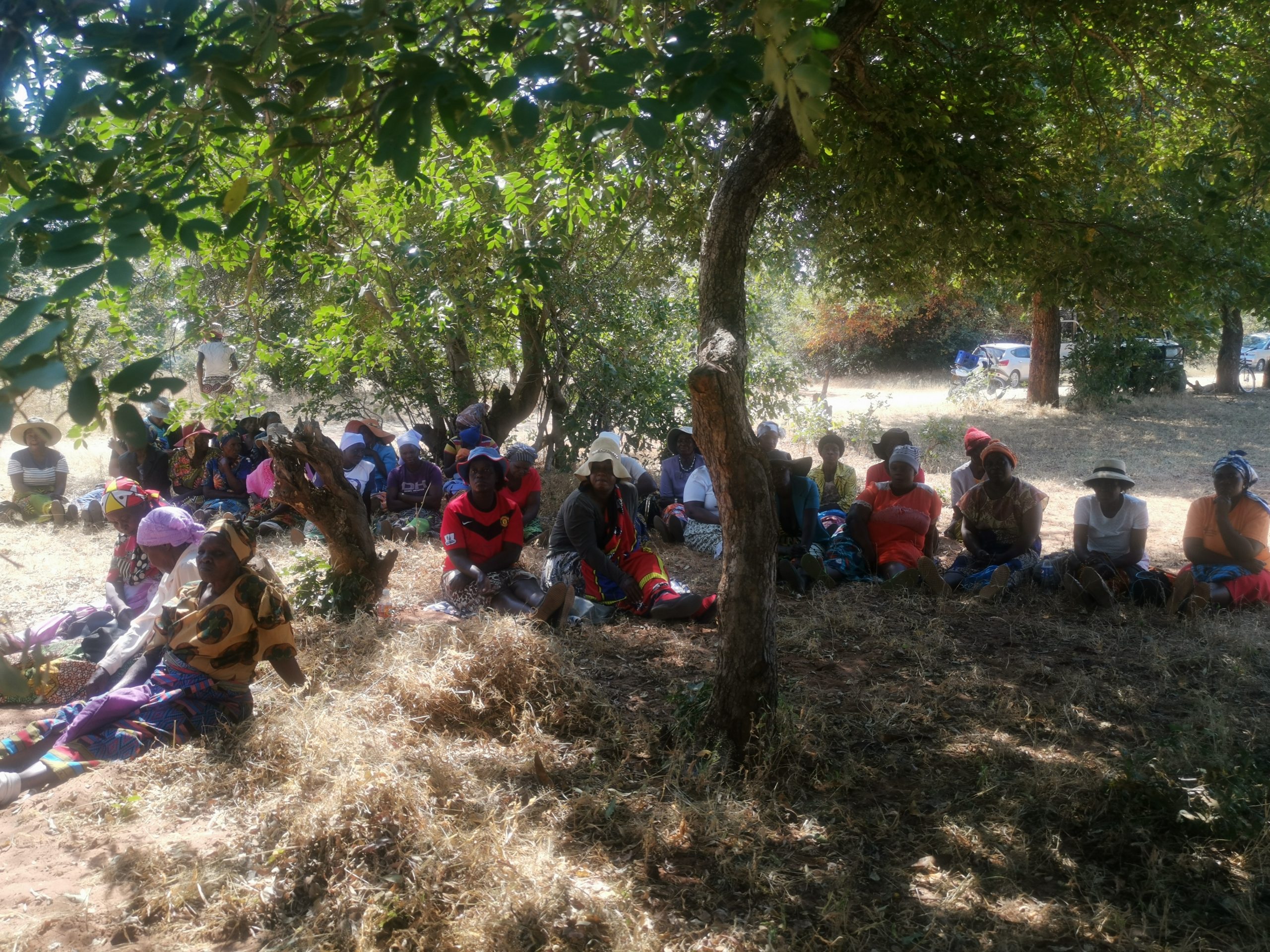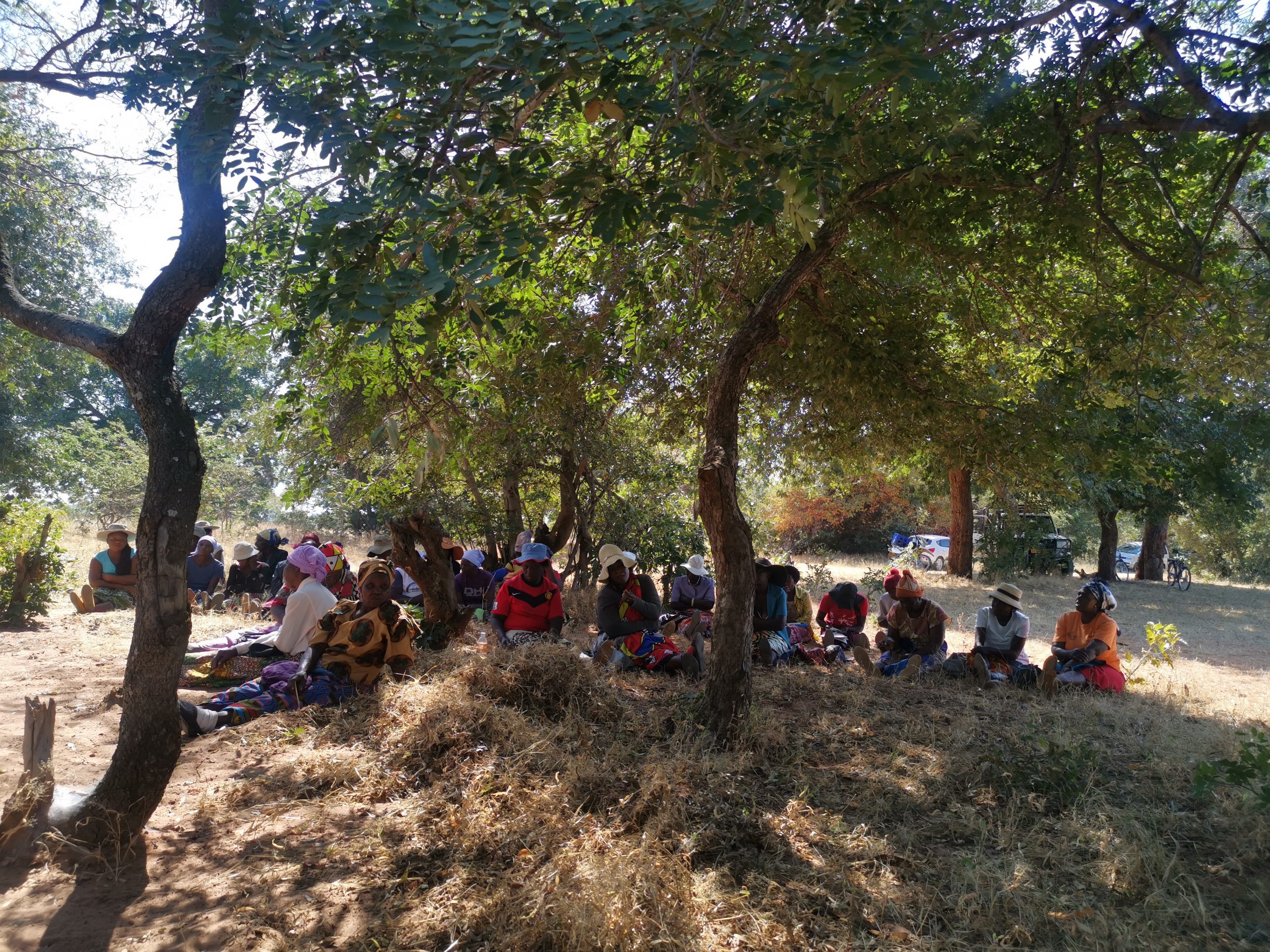BY NOKUTHABA DLAMINI
Victoria Falls residents are enduring a torrid time fending off stray elephants that destroy their backyard gardens and charge at people on the streets.
Some city residents from Mkhosana and Chinotimba high density suburbs told VicFallsLive that they were spending sleepless nights trying to protect their property from the giant world animals.
The residents said the elephants destroy security walls to enter their homes in search of vegetables grown in backyard gardens.
Bernard Phiri, a Chinotimba resident, said one of the problem elephants was first spotted roaming around Chinotimba Primary School.
“On two consecutive days, it passed through that street just in the evening and people had to ward it off by clapping their hands, screaming and some beating containers,” Banda said.
“We are worried that if this problem is not solved, a life will be lost,
“My neighbour had his vegetables destroyed from his garden and he had to pluck off the stems to start afresh.”
Caroline Ncube, a Mkhosana resident, said they were being forced to be innovative to keep the elephants at bay.
“They disturb our lives because we are now forced to guard our vegetable gardens all night,” Ncube said.
“I rub elephant dung on the plants in the garden and l also spread the same dung around the vegetable plants to chase them away.
“However, this does not stop the elephants from destroying our vegetables as they just destroy them if they realise there is elephant dung.”
Kelvin Moyo, Combined Victoria Falls Resident Association chairperson, said they had engaged the Zimbabwe Parks and Wildlife Management Authority (Zimparks) to address the issue of problem elephants.
Moyo said Zimparks officials informed them that one of the elephants had been shot dead around the Inyati area on Monday.
It was not immediately clear whether it was the same elephant that has been terrorising residents from around the Mkhosana, Chinotimba and Aerodrome as well as in some low-density areas.
Residents said another elephant was spotted near Victoria Falls Primary School along Kazungula Road on the same day.
Moyo said although they appreciated that wild animals would encroach into the city regularly because it was surrounded by the Zambezi National Park, they still expected Zimparks to keep residents safe.
“We still want to make it clear that human life is important compared to animal life and the human-wildlife conflict should be minimized by Zimparks quickly responding to distress calls from residents,” he said.
“We wouldn’t want them to react after we have had an incident that perhaps may have led to a loss of life.”
Zimparks spokesperson Tinashe Farawo blamed the influx of stray elephants in the city to overpopulation in Zimbabwe’s game reserves.
“We commend what Victoria Falls residents are doing to raise issues about problem animals because just on Saturday in Gokwe, an elephant trampled to death two people while two others are battling for their lives in hospital, and again in Mbire, a village head was also trampled to death by the same mammal in full view of his wife,” Farawo said.
“So, this is a problem that we are struggling to contain.
“We need those people from America and the United Kingdom to understand that our parks are overpopulated yet our country is not enlarging and that’s why we are in this current dilemma almost in every district.”
Farawo said Zimparks will continue killing elephants that threaten people’s lives.
“As Zimparks, we stand firm on our decision to kill those animals endangering human lives and our advice is to have our people report such problem animals and we will react swiftly, “he said.
The number of people killed by elephants in Zimbabwe continues to increase as the jumbos move away from their game range into human territory.
In 2020 wild animals, most of them elephants, killed more than 60 people in Zimbabwe while others sustained permanent injuries following attacks by animals.
Zimbabwe early this year said it was considering culling elephants to reduce their population of 100 000, which it says has become unsustainable.
The country last embarked on the mass culling of elephants in 1988.
Zimbabwe has the second biggest elephant population in Africa after its neighbour Botswana.
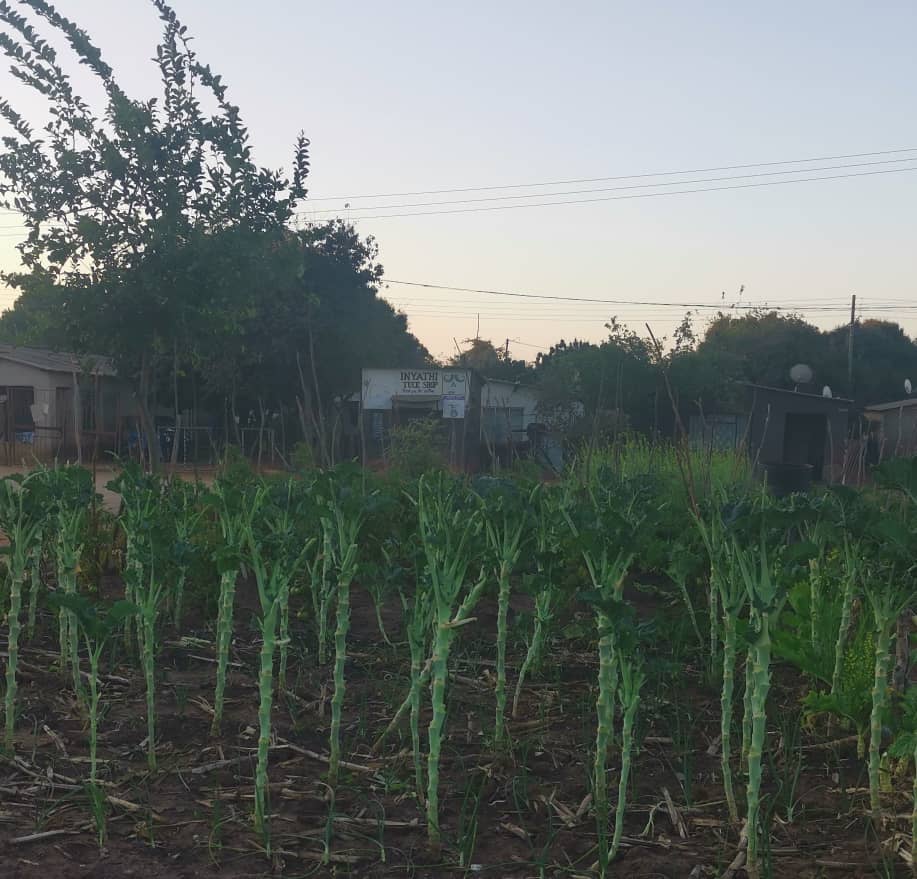

 Slider1 year ago
Slider1 year ago
 News1 year ago
News1 year ago
 Tourism and Environment2 years ago
Tourism and Environment2 years ago
 News3 years ago
News3 years ago
 News2 years ago
News2 years ago
 News2 years ago
News2 years ago
 News1 year ago
News1 year ago
 News1 year ago
News1 year ago
